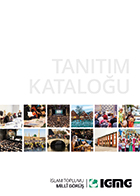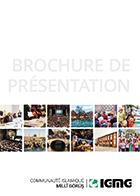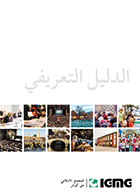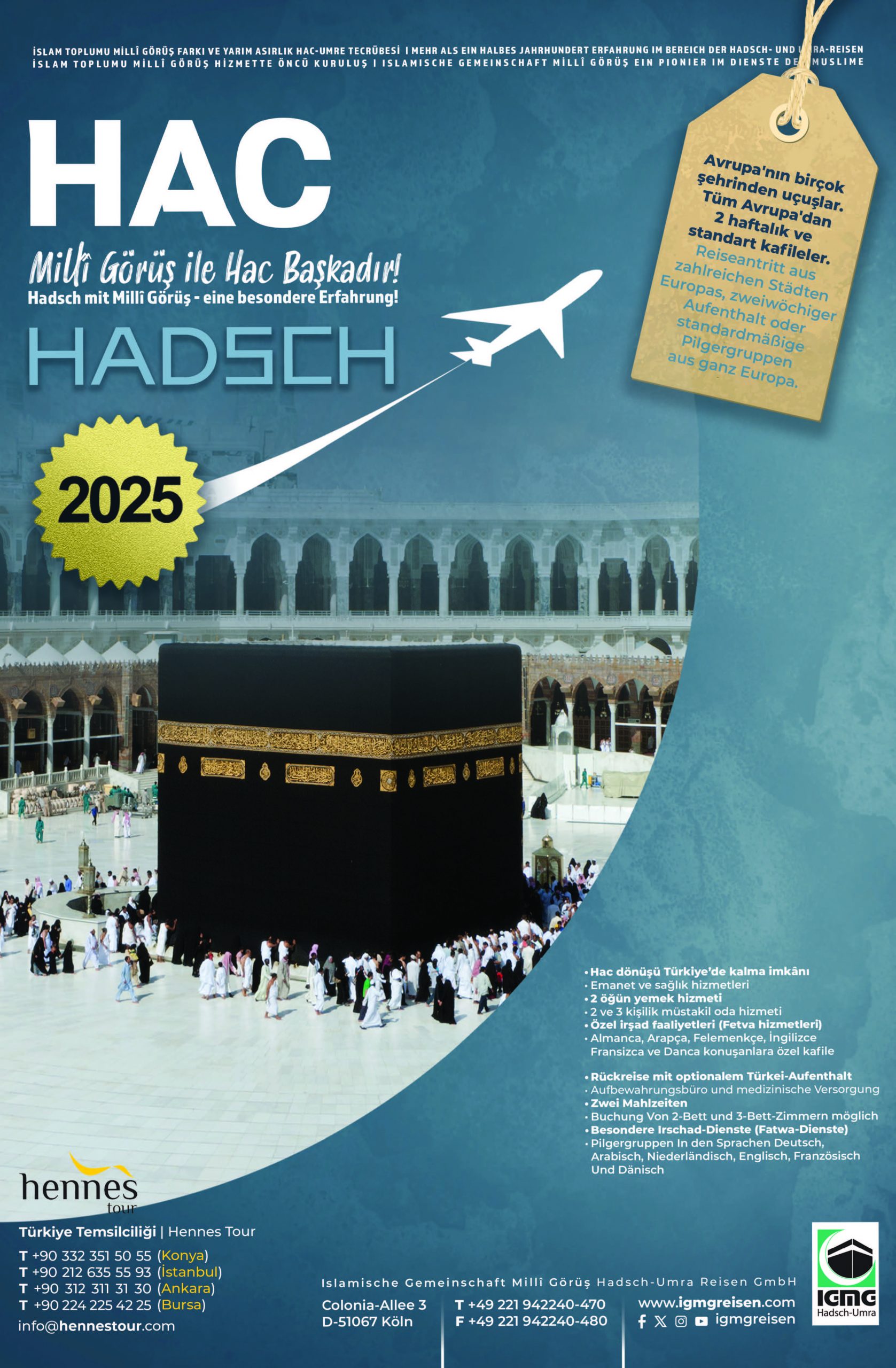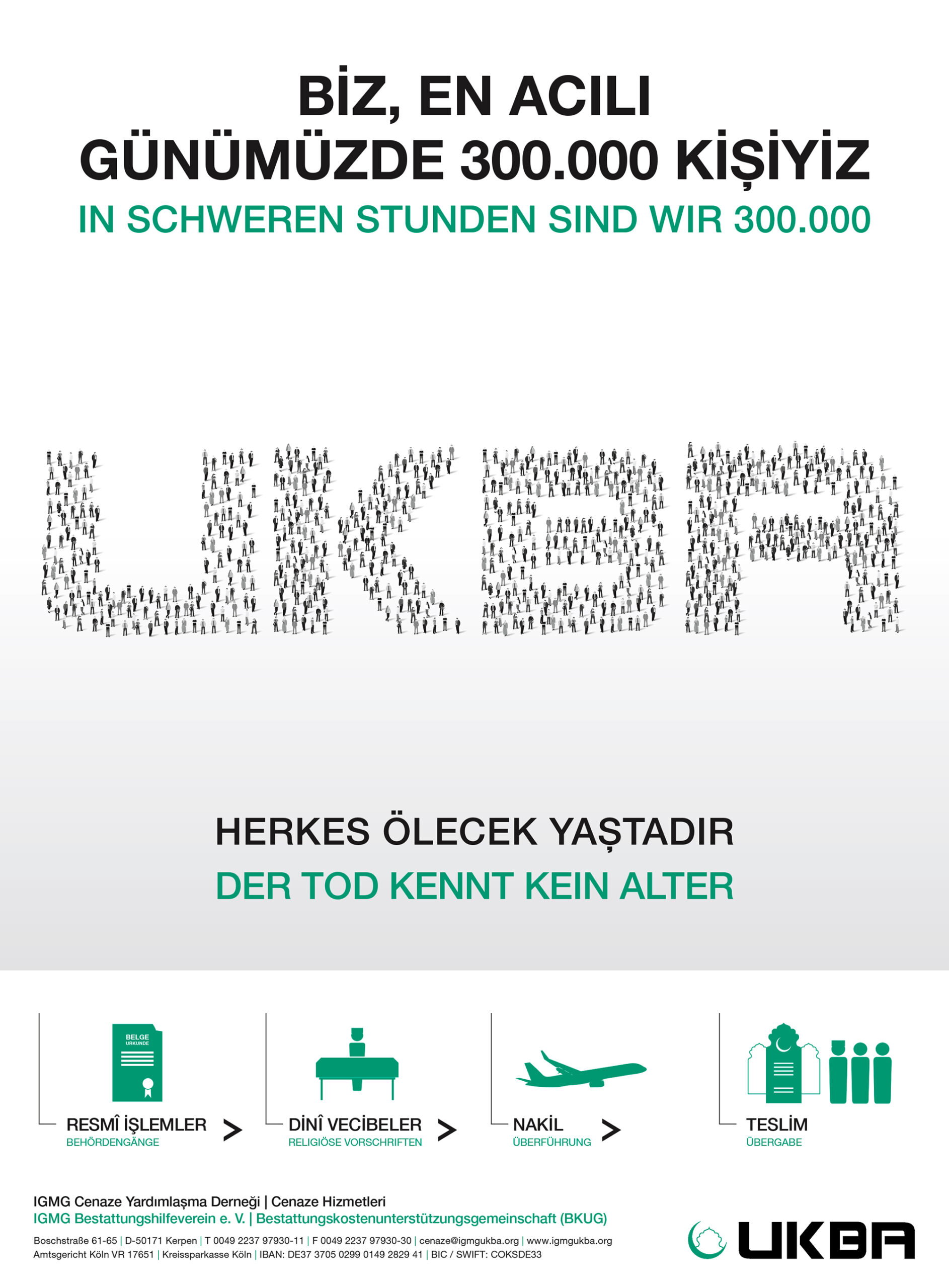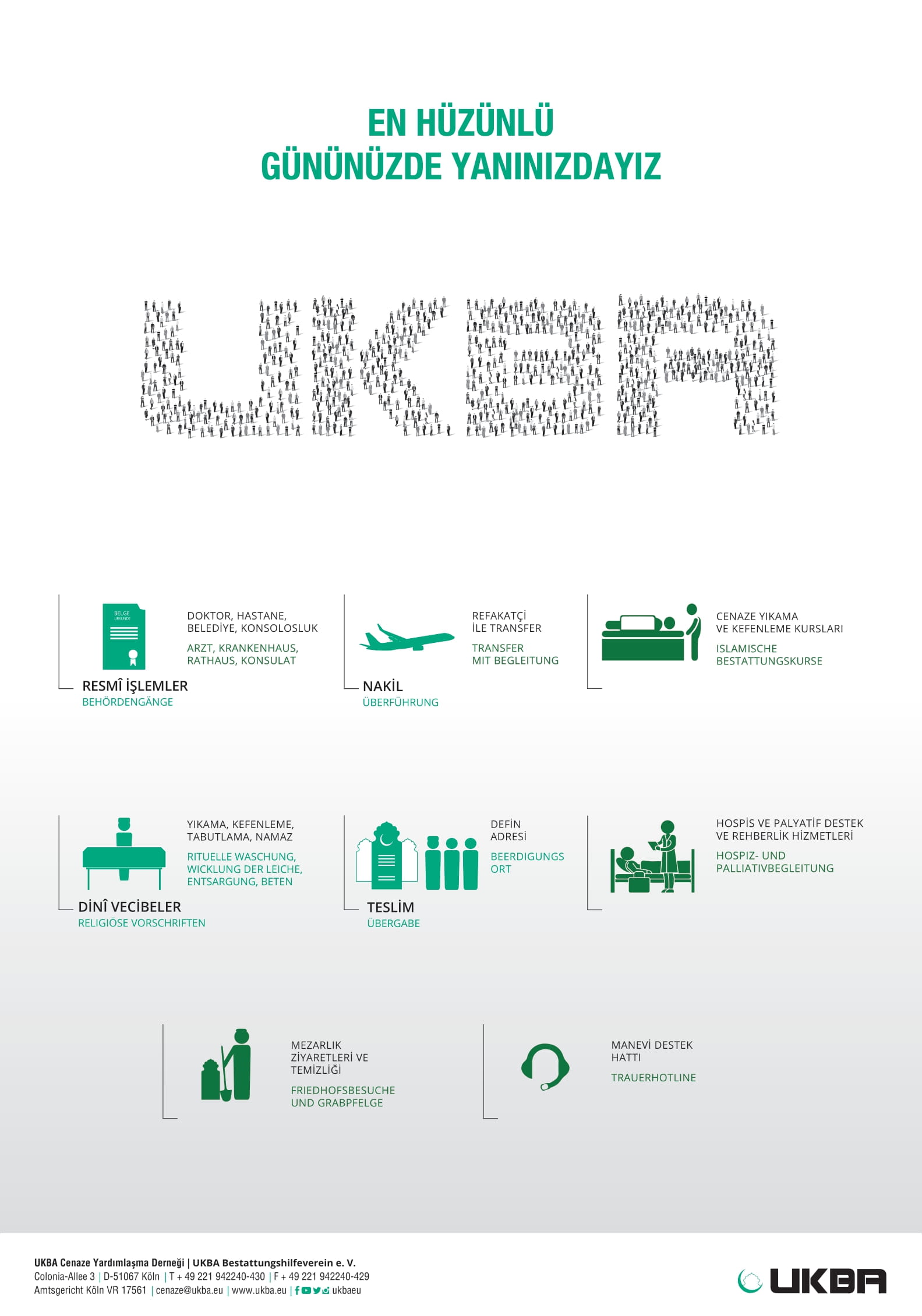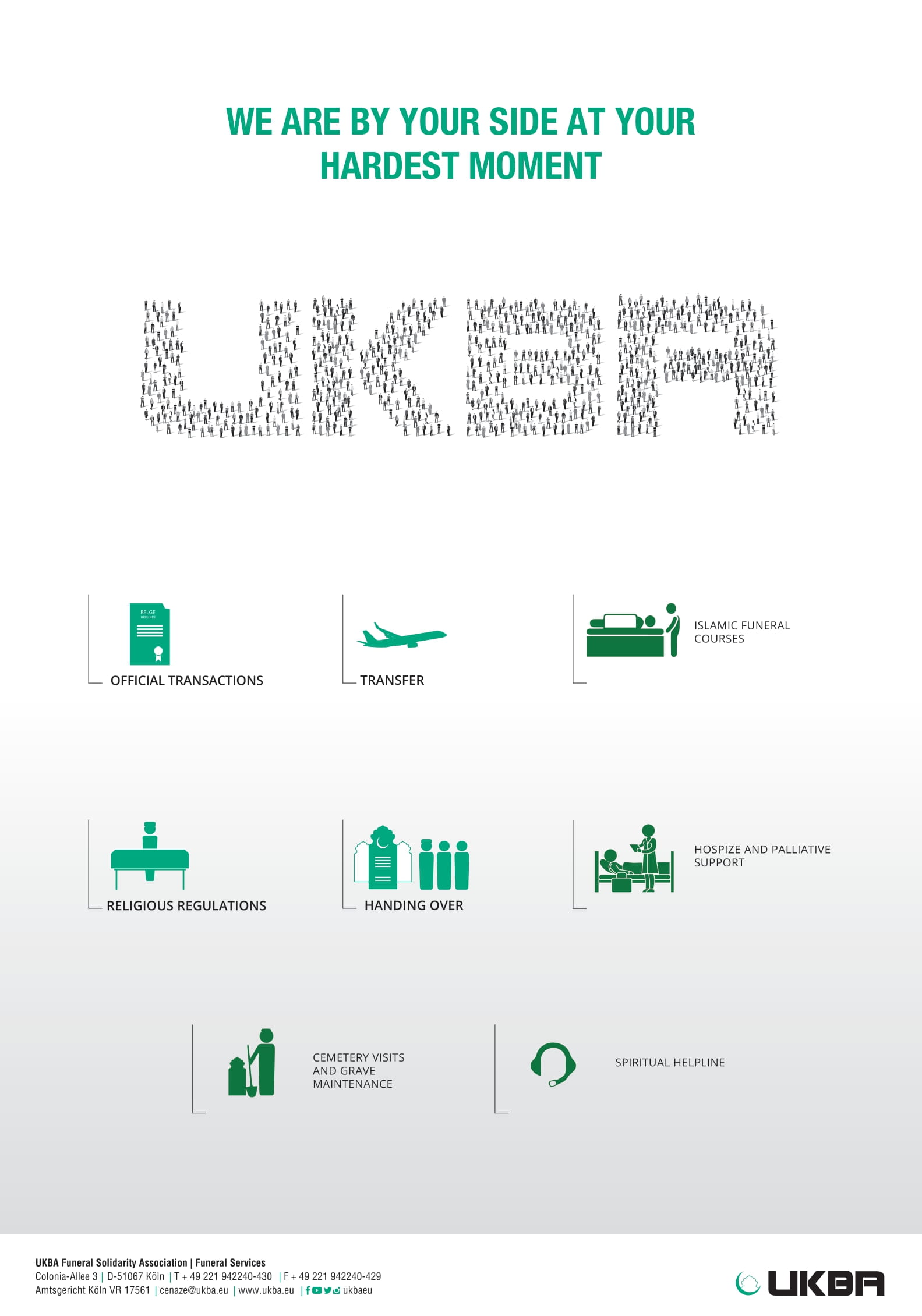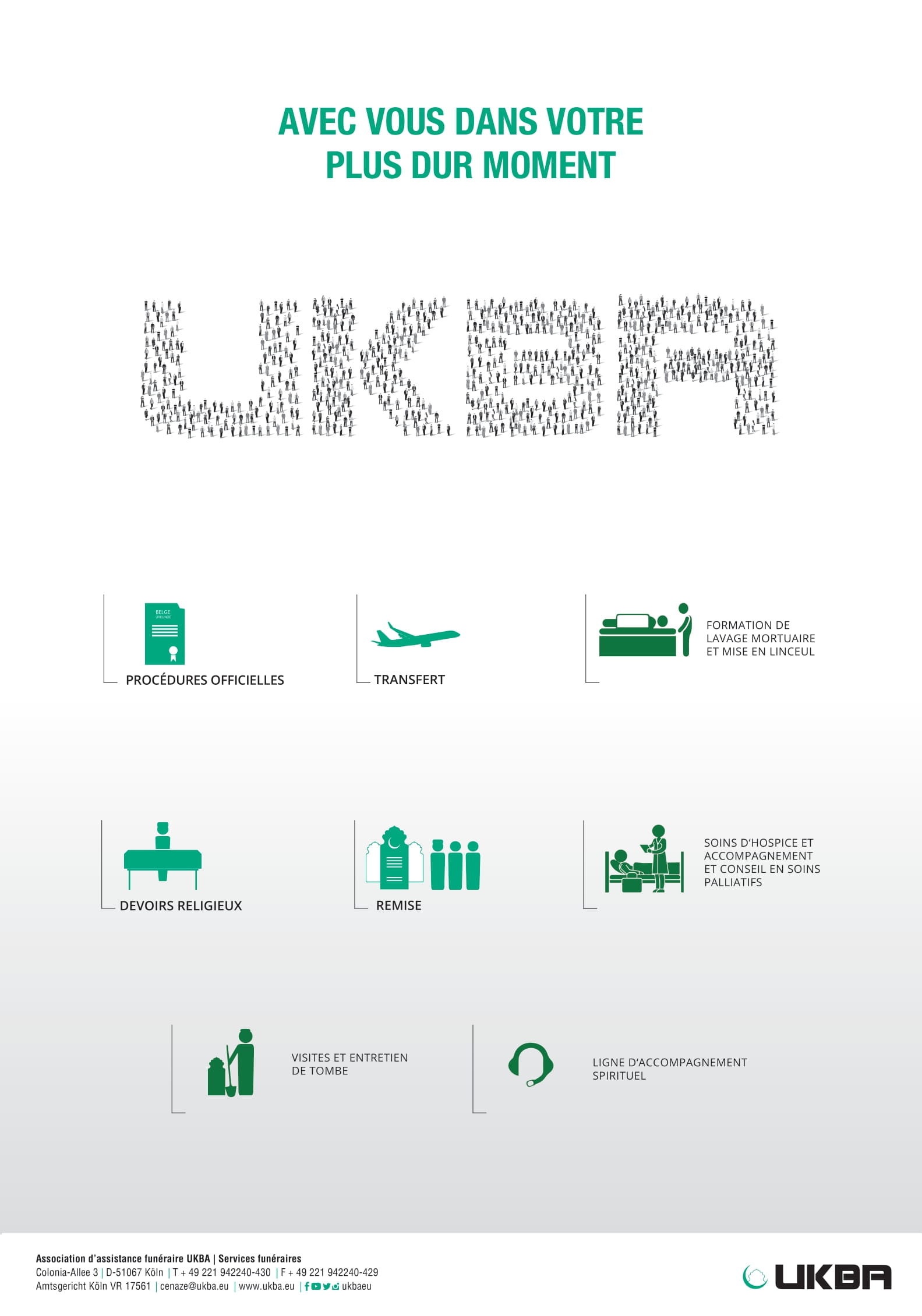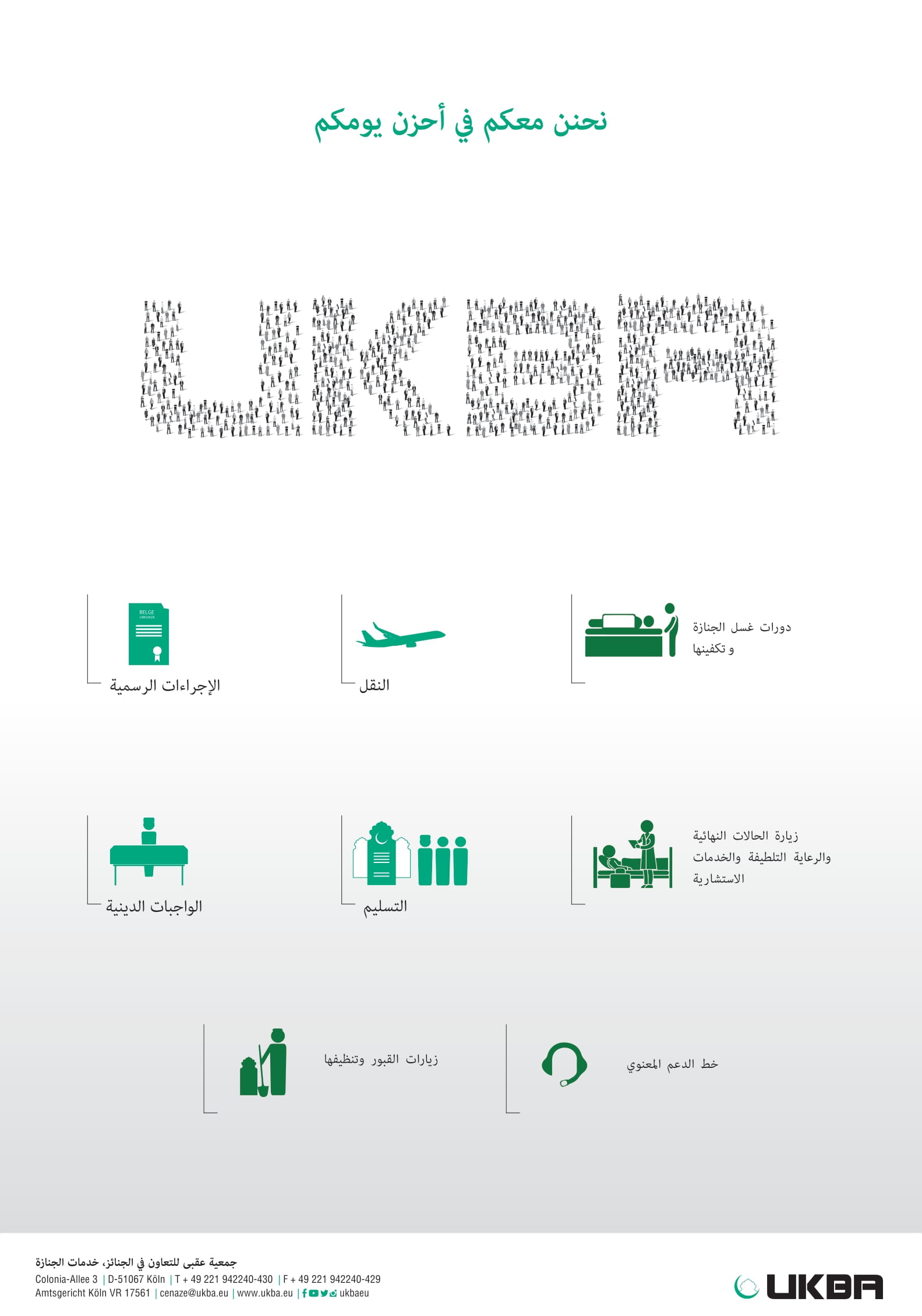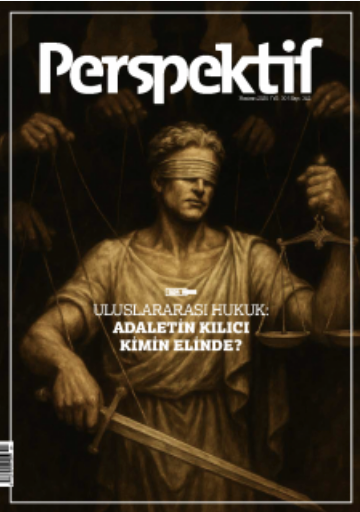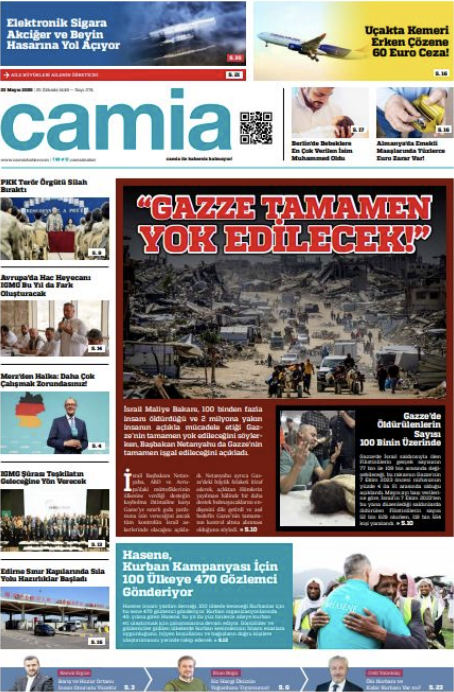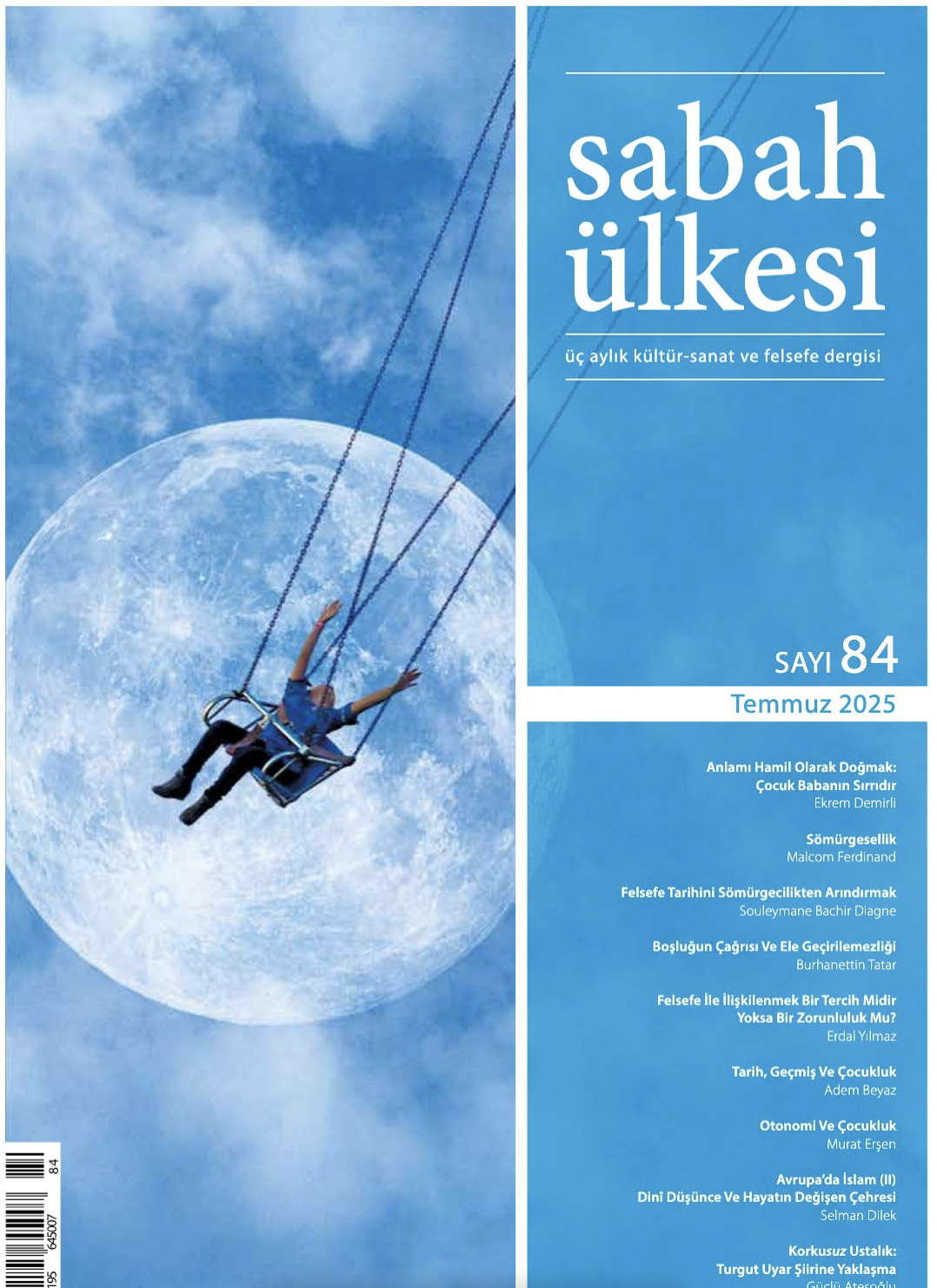Friday Khutba
The Necessity of Social Unity: Zakat
30. March 2023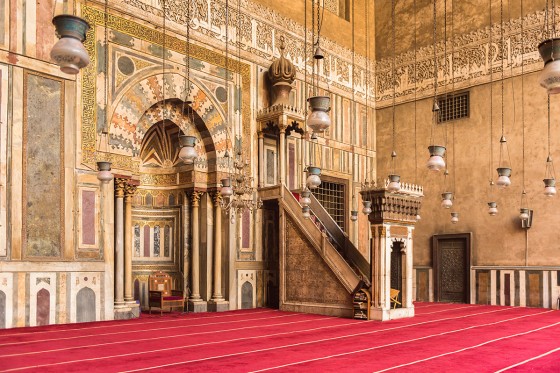
Dear Brothers and Sisters!
In Islam, the most important act of worship after prayer is giving zakat. The word zakat, which means abundance, cleanliness, increase and praise in Arabic, is defined in our religion as “Muslims, who are considered wealthy, to give a certain amount of certain types of goods to places determined by Allah”. It was made compulsory after fasting in the 2nd year of Hijra. Zakat is commanded to be given in 32 verses of the Qur’an. The Quran mentions: “Establish prayer and give zakāh.”[1], “Take, [O Muḥammad], from their wealth a charity by which you purify them and cause them increase.”[2], “Eat of [each of] its fruit when it yields and give its due [zakāh] on the day of its harvest.”[3] Rasulullah (saw) has said, “Islam has been built on five [pillars]: testifying that there is no god but Allah and that Muhammad is the Messenger of Allah, performing the prayers, paying the Zakah, making the pilgrimage to the Kabah, and fasting in Ramadan.”[4] He pointed out that zakat is one of the fundamental worships of Islam.
Dear Brothers and Sisters!
Zakat is obligatory on those who are sane, intelligent and have reached the age of puberty and have a nisab amount of property. There are many reasons why zakat is fard. Zakat is giving thanks for the wealth that Allah has given. It does not reduce the wealth; but it enriches and increases. Allah (swt) mentions, “If you are grateful, I will surely increase you [in favor]; but if you deny, indeed, My punishment is severe.”[5] Zakat makes a person generous. It strengthens feelings of unselfishness. It lifts society out of poverty. It brings the rich and the poor closer to each other, develops the feelings of love, respect and religious brotherhood between them. It destroys the thought of envy and envy of wealth. Another name for zakat is charity. It means charity, honesty and sincere devotion.
The payment of zakat purifies and strengthens the faith of a Muslim. Thus, Rasulullah (saw) said,
“The evidence of belief is charity.”[6]
Dear Jama’ah!
Zakat is an act of worship that can contribute greatly to the provision of social justice. Therefore, from the first day it was made compulsory. Allah (swt) mentions in the Quran,“Zakāh expenditures are only for the poor and for the needy and for those employed for it and for bringing hearts together [for Islām] and for freeing captives [or slaves] and for those in debt and for the cause of Allāh and for the [stranded] traveller – an obligation [imposed] by Allāh.”[7] Through this ayah a zakat fund was created to be delivered to the places specified in the verse, and zakats began to be collected by the state. The payment of zakat has not been left to the hands and consciences of individuals. Because zakat is an act of worship that includes social welfare, helping those who are in heavy debt, the salaries of those who collect and distribute zakat, helping those who will be converted to Islam, spending in many areas such as education and health. Therefore, collecting zakat by institutions and distributing it in accordance with its purpose is one of the wisdoms behind making zakat compulsory. For, the conditions that will enable one to perform a fard completely are also fard.
Dear Brothers and Sisters!
In this sense, Islamic Community Milli Gorus, which established such institutions, has been working for years to fulfill this need. The collected zakats, fitrahs and other aids are thus delivered to the places accordingly. The needs of our brothers and sisters who are victims of earthquakes and floods are evaluated and tried to be met within this scope. In this context, let’s continue to support with our zakat and fitrah. Let’s continue to heal the wounds of our needy and deprived brothers and sisters with our zakat and fitrah. May Allah (swt), the Almighty, bless our month of Ramadan, accept our charities and make it good for us. Ameen.
[1] Surah Al-Baqarah, 2:110
[2] Surah At-Tawbah, 9:103
[3] Surah Al-An’am, 6:141
[4] Buhari, İman, 19-22; Tirmizi, İman,3; Nesâî, İman, 13.
[5] Surah Ibrahim, 14:7
[6] Müslim, Müsâfirûn, 84
[7] Surah At-Tawbah, 9:60
